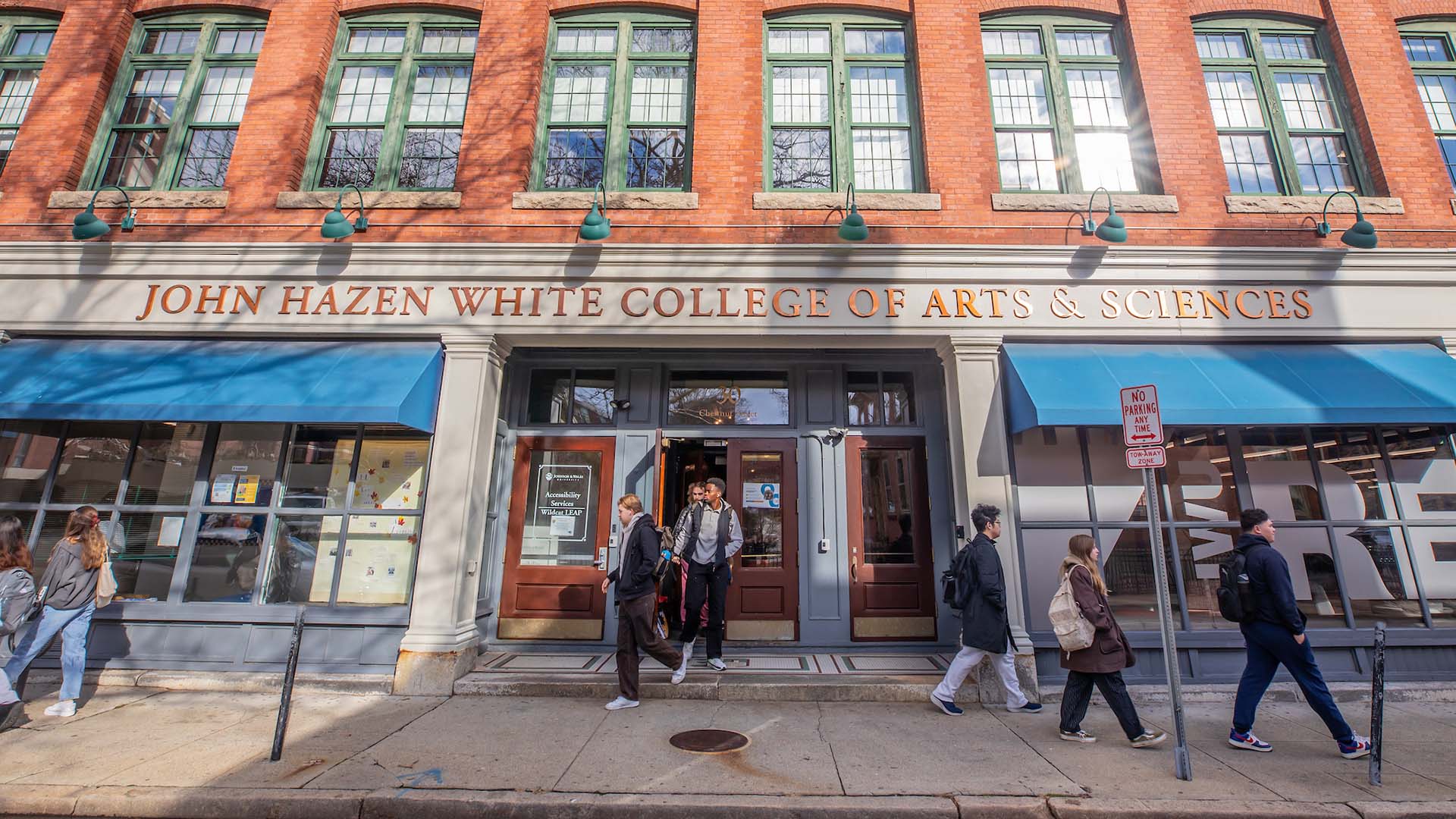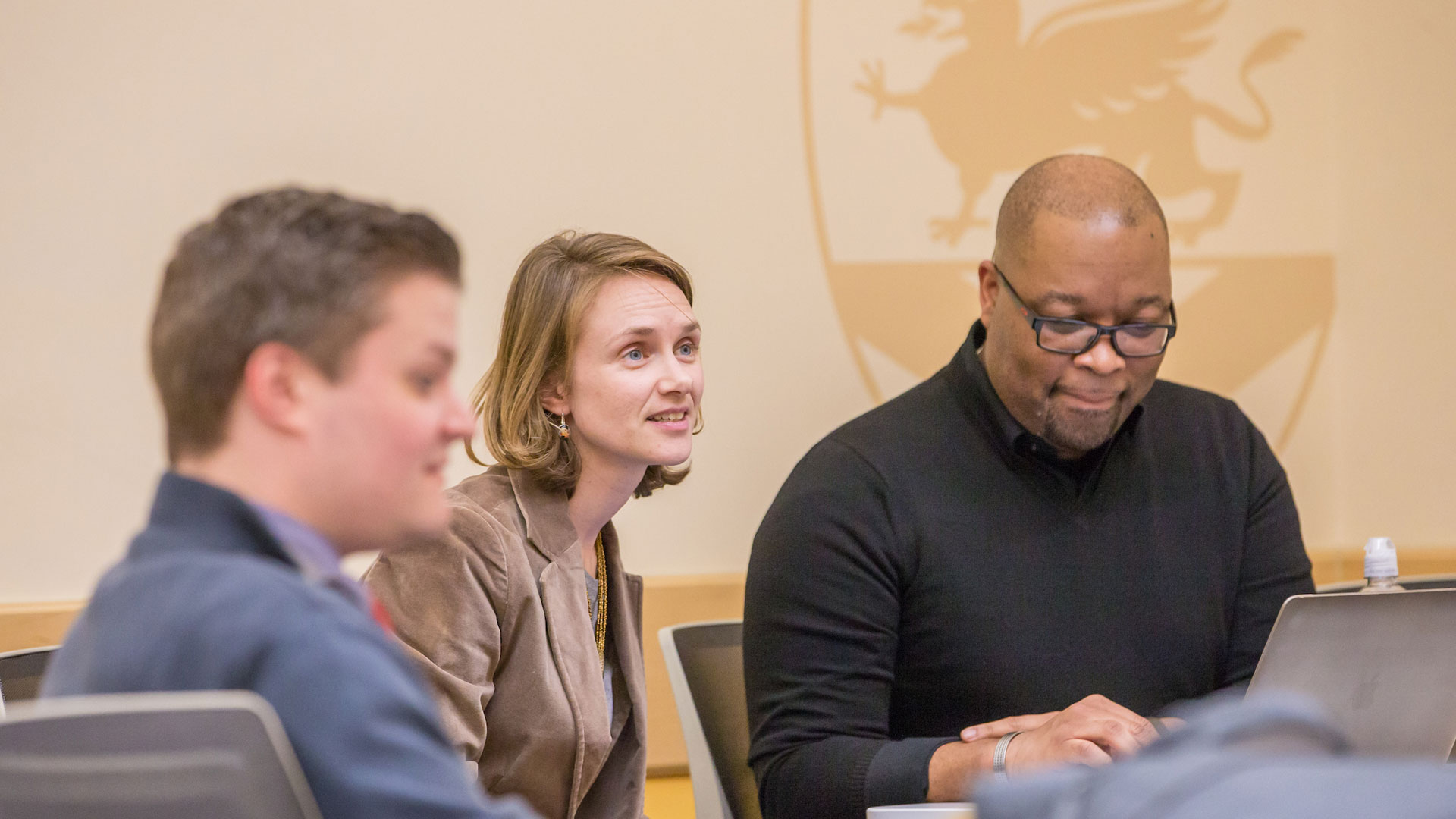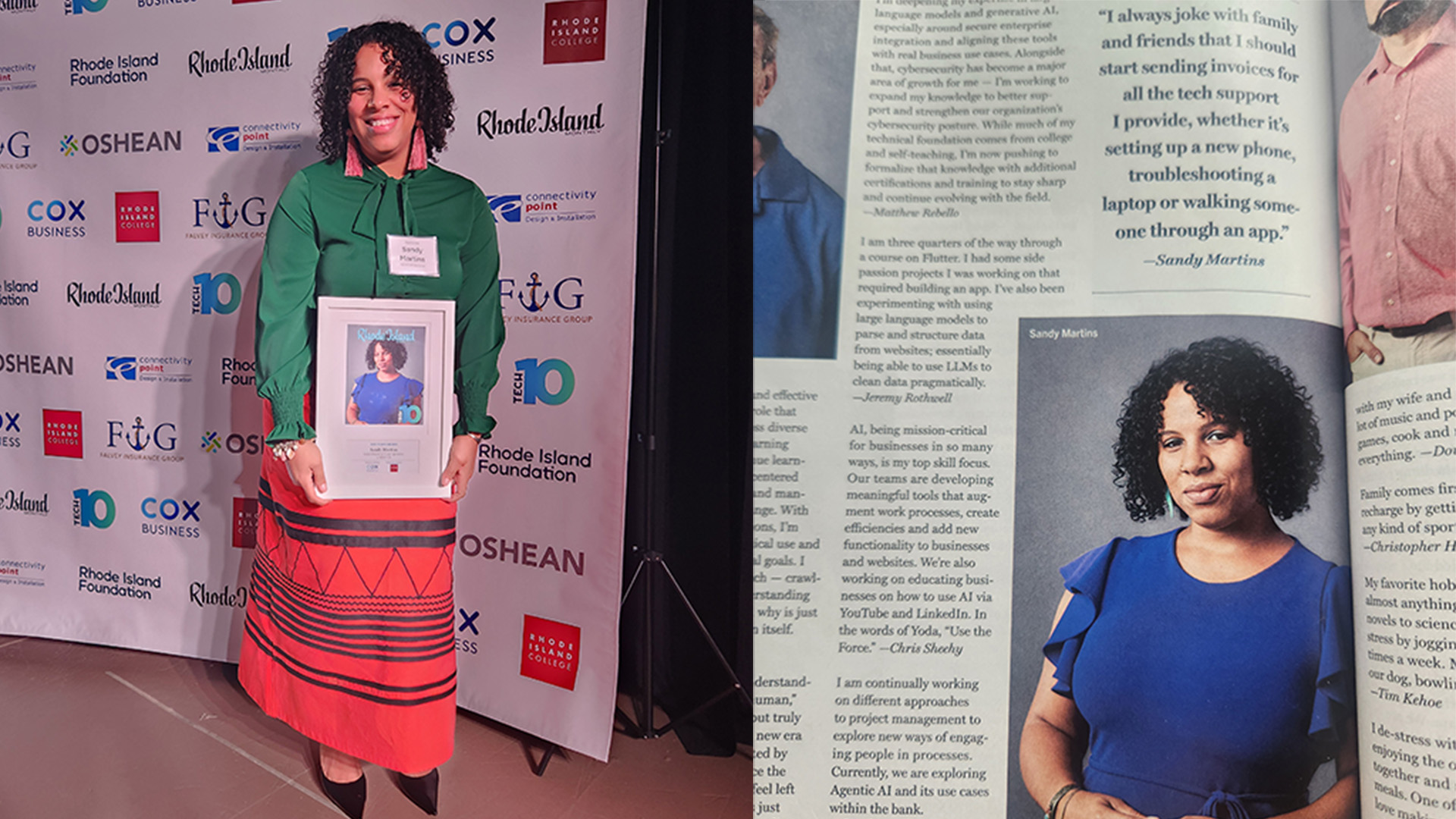Shaping Tomorrow’s Classrooms: JWU’s School of Education
On a crisp fall evening, Tamara Burman has her pick of parking spots beside the building that houses her graduate classes on Johnson & Wales University’s Harborside Campus. A former nonprofit professional, Burman is meeting with fellow career-changers in her MAT program as they gear up for their first student teaching residency. With a master’s degree in business already under her belt, she eschewed the thought of backtracking to a bachelor’s degree in teaching. “I wanted a program that didn’t just teach me how to teach,” she says. “I wanted to learn how to lead.”
Burman is one of dozens of aspiring educators enrolled in JWU’s School of Education, a quietly transformative corner of a university best known for its culinary and hospitality excellence. Here, the focus is on shaping the future of learning — one classroom, one student, one teacher at a time.
Learning by Doing: JWU’s Educational Philosophy in Action
At the heart of JWU’s School of Education is a simple but powerful idea: learning happens best through experience. This philosophy — known as experiential education — is woven into every course, every practicum and every conversation.
Cynthia Senenko, M.Ed., the director of teacher education programs, puts it this way: “We don’t just talk about pedagogy. We live it. Our students are hands-on in real classrooms in real time, learning alongside veteran teachers and seeing firsthand what works — and what doesn’t.”
Whether they’re pursuing initial certification or advancing their careers, JWU students are immersed in application-based coursework that mirrors the realities of today’s schools. The result? Graduates who are not only knowledgeable, but job-ready.
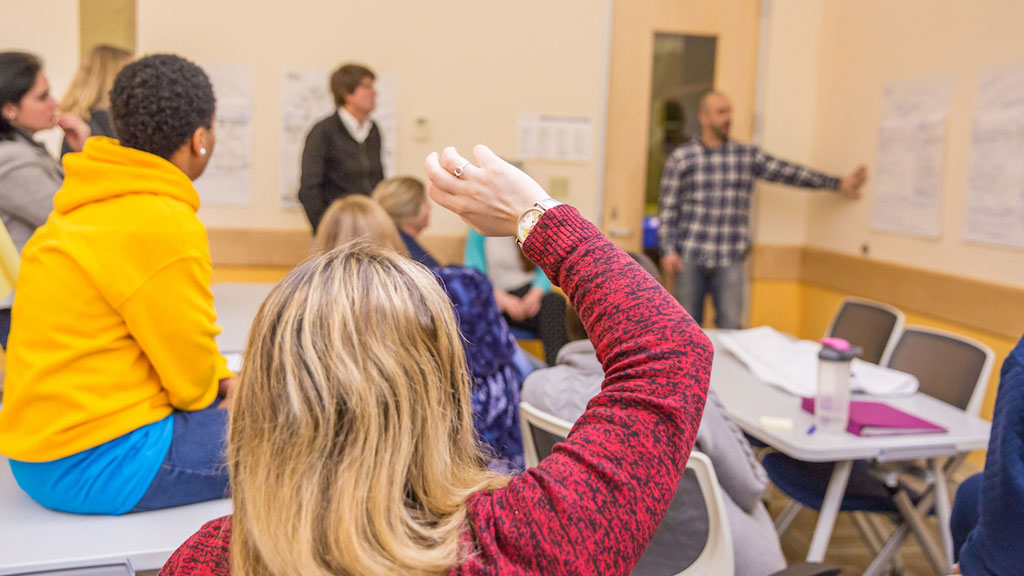
Degrees That Reflect Real-World Needs
The School of Education offers a range of graduate programs tailored to different career paths. But what sets them apart is their responsiveness to the evolving demands of education.
Master of Arts in Teaching (MAT)
Designed for career changers, the MAT program is a five-semester, full-time journey that blends theory with extensive fieldwork. Students choose from three concentrations:
Elementary/Elementary Special Education: Focused on inclusive practices and literacy, including training in the Science of Reading.
Business/Secondary Special Education: A unique pairing that prepares educators for business instruction and special education support.
Culinary Arts Education: A nod to JWU’s heritage, this track trains future culinary instructors for vocational and technical settings.
Each concentration culminates in a teaching residency, where candidates work side-by-side with mentor teachers in public schools or at Johnson & Wales University.
Master of Education (M.Ed.) in Teaching and Learning
For current educators seeking to deepen their instructional expertise, the M.Ed. offers advanced strategies in curriculum design and classroom effectiveness — without requiring new certification.
Doctor of Education (Ed.D.) in Educational Leadership
This practitioner-focused doctoral program prepares visionary leaders to tackle systemic challenges in K–12, higher education, and nonprofit sectors. Emphasizing research and policy innovation, the Ed.D. equips graduates to lead with purpose and impact.
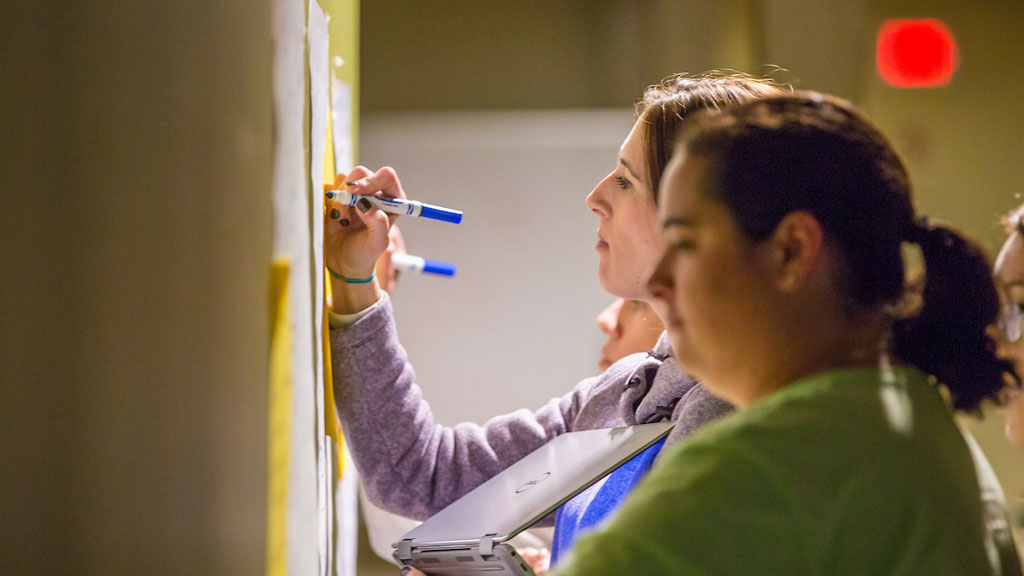
Tech-Forward, Equity-Driven
In a world where classrooms are increasingly digital and diverse, JWU’s curriculum reflects the times. Students gain hands-on experience with collaborative tools and educational technology. Courses explore contemporary topics like multilingual learners and artificial intelligence.
But technology is only part of the story. “Our commitment to inclusive instruction,” says Senenko, “ensures graduates learn through example, gaining the skills to support exceptional learners and create learning environments where all students thrive.”
Alumni Who Lead — and Inspire
The impact of JWU’s School of Education extends far beyond campus. Its alumni include classroom teachers, curriculum designers, academic advisors, and school leaders. In fact, approximately 20% of Rhode Island’s 36 school districts have JWU School of Education alumni as their superintendents — a testament to the school’s reach and reputation.
“Our graduates have the skill and competency to lead schools and school systems that are responsive to the diversity and complexity of student needs in today's dynamic context,” says Victor Mercurio, Ed.D., director of JWU’s Ed.D. program and a faculty member with three decades of public school experience.
Well into her second year of the MAT program, Nimra Farooqui is problem-solving, using creative teaching methods, and designing lessons that combine traditional techniques with modern educational tools. As graduation nears and she reflects on her JWU experience, she knows her journey is just beginning. “I came here to become a teacher,” she says. “But I’m leaving with the tools to be a changemaker.”
A Community of Practice and Possibility
What makes JWU’s School of Education truly special isn’t just its programs — it’s the people. Faculty who mentor. Peers who collaborate. Alumni who give back. Together, they form a network of educators committed to growth, equity and excellence.
In classrooms across Rhode Island and beyond, JWU-trained educators are shaping the future — one lesson, one learner, one breakthrough at a time.

